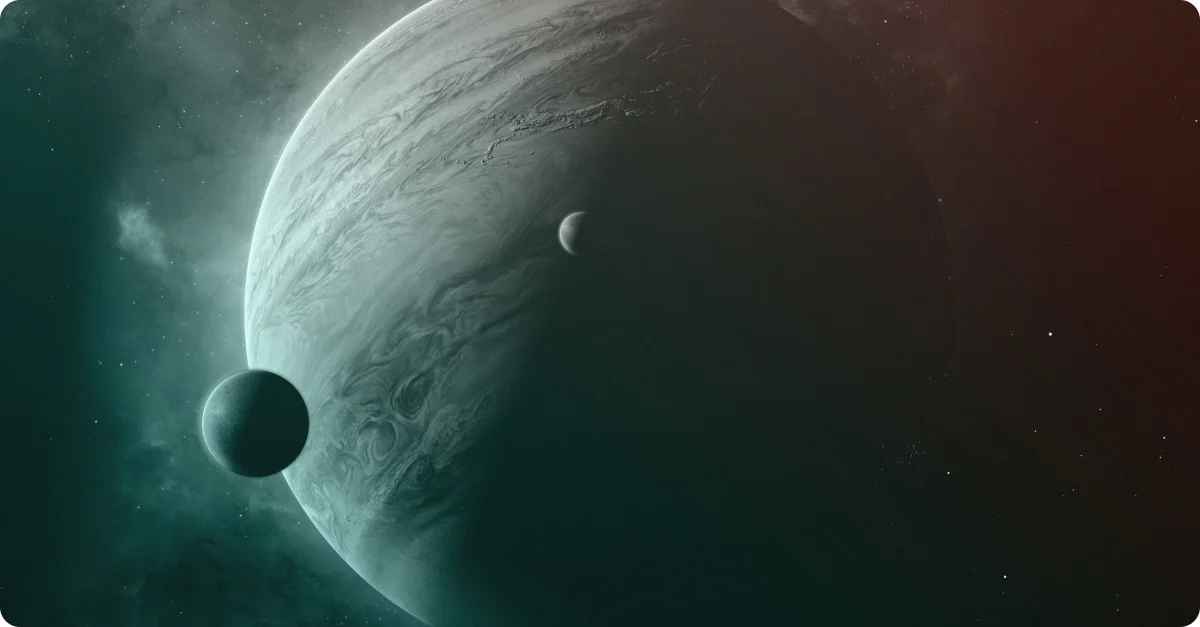NASA’s JPL Joins Genius™ Beta Program to Explore Interoperability and Governance Infrastructure for Global Space Economy
Vancouver, BC, – 30 November 2023 – VERSES AI Inc. (CBOE: VERS) (OTCQX: VRSSF) (“VERSES” or the “Company”), a cognitive computing company specializing in next-generation intelligent software systems, welcomes National Aeronautics and Space Administration’s (NASA) Jet Propulsion Laboratory (JPL) to the Beta program of its Intelligence-as-a-Service platform, Genius™.
JPL seeks to advance international and interagency collaboration on space exploration through technology and policy standards. NASA, JPL and many other stakeholders in the new “space race” have a vested interest in standardizing infrastructure and supporting the space economy, which Morgan Stanley estimates may grow to $1 Trillion by 2040.
The international space agency community is actively seeking to develop standards for space exploration. For example, many countries have recently announced their intention to return to the moon. To ensure safety and collaboration, in 2020, NASA published the Artemis Accords, a non-binding multilateral arrangement between thirty-two world governments and one territory participating in NASA’s Artemis space program, which aims to return humans to the moon by 2025, establish a permanent presence on the moon and ultimately expand space exploration to Mars and beyond. The Accords set out to define space rules and laws governing various activities, from exploiting natural resources on the moon, comets and asteroids to governments’ ability to protect access to lunar bases or mining zones. PWC estimates that the lunar economy will reach $170B by 2040.
In addition to governance considerations, many technical specifications must be developed, including power distribution, communications, positioning, navigation and timing, lunar surface surveying, lunar satellite networks for guidance and communications and cislunar space traffic control. Interoperability is central to the success of the global space economy.
“Interoperability of systems is critical to ensure safe and robust space exploration. Therefore, the Artemis Accords call for partner nations to utilize open international standards, develop new standards when necessary, and strive to support interoperability to the greatest extent practical,” says NASA.
“We believe that interoperability, knowledge sharing, transparency and accountability are prerequisites for collaboration in space and is precisely the kind of application that Genius is uniquely designed to enable,” said VERSES CTO Jason Fox.
Genius is built on the open standards designed by the Spatial Web Foundation being developed within the IEEE P2874 Spatial Web, Architecture and Governance Working Group. IEEE (Institute of Electrical and Electronics Engineers) is the world’s largest standards development organization (SDO) and works with many other SDOs and government agencies involved in space exploration. The standards have already been successfully deployed in Flying Forward 2020, a European Commission program chartered with defining governance systems for autonomous drones across five European cities.
Similarly, NASA, Defense Advanced Research Projects Agency (DARPA) and John Hopkins Applied Physics Laboratory (APL), among others, seek to develop a civil lunar infrastructure that unifies other siloed efforts to foster shareable, scalable systems that interoperate. Genius is the only system based on these open standards designed specifically to foster this kind of interoperability and governance on Earth, the Moon, Mars and beyond.
“I’m thrilled that JPL will participate in the Genius beta program because it represents one more step towards standardization. While serving as CTO of the Open Geospatial Consortium, the standards body responsible for key geospatial information standards, my experience with NASA and JPL is that real tests using running code are essential in adopting standards. And standards are the foundation to enabling industries and economies to thrive,” said George Percivall, Distinguished Engineering Fellow and Vice-Chair of the IEEE P2874 Working Group on behalf of the Spatial Web Foundation.
About VERSES
VERSES AI is a cognitive computing company specializing in biologically inspired distributed intelligence. Our flagship offering, Genius, is patterned after natural systems and neuroscience. Genius enables intelligent software agents that can learn, adapt and interact with the world. Key features of Genius include generalizability, predictive queries, real-time adaptation and an automated computing network. Built on open standards, Genius transforms disparate data into knowledge models that foster trustworthy collaboration between humans, machines and AI, across digital and physical domains. Imagine a smarter world that elevates human potential through innovations inspired by nature. Learn more at VERSES, LinkedIn, and X.
About NASA’s Jet Propulsion Laboratory (JPL)
The Jet Propulsion Laboratory (JPL) is a federally funded research and development center founded in 1936 by researchers at the California Institute of Technology. The National Aeronautics and Space Administration (NASA) owns and sponsors the laboratory. The laboratory’s primary function is constructing and operating planetary robotic spacecraft, though it also conducts Earth-orbit and astronomy missions. It is also responsible for operating the NASA Deep Space Network. For more information, visit JPL.
On behalf of the Company
Eric Holder, Director of Communications, VERSES AI Inc. press@verses.ai
